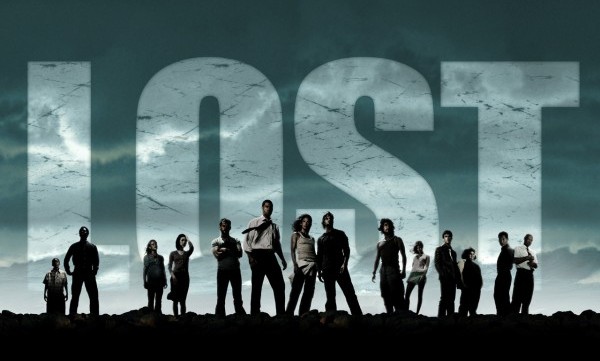Time travel is one of those devices that seems to turn up eventually in most long running Science Fiction shows, particularly in the later seasons when they’ve worked out their main story arc already.
I’ve come to recognize a particular sort of plot that shows up in most Science Fiction shows. You know it’s coming, because many characters who have been alive for years will suddenly be killed as some disaster engulfs the planet. By the time the second major character is killed, I will know that someone is going to jump in a time machine and escape, so he can talk to versions of the same people at an earlier time and they can avert all these terrible things. I expect to see it around the fifth season most of the time, but sometimes it shows up sooner then that. Writers love killing off characters when they know they can just bring everyone back later.
Not coincidentally, whenever I know a show does this sort of thing, I become utterly unimpressed when the entire cast of major characters is brutally slaughtered, which isn’t usually a good way for the audience to react to a drama.

I loved the first season of Fringe, particularly for the William Bishop character played by John Noble. In fact, Dr. Bishop is probably one of my favorite characters of all time, which is why their excessive willingness to use time travel as a plot device bothers me.
Fringe creator J. J. Abrams pitches a great many ideas, and has a way of disappearing after the show has begun, leaving some other writer the thankless job of pretending that they knew where they were going from the beginning.

I’m not naming names or anything.
One of the few time travel bits I really liked showed up in some of the later spin offs of the Star Trek franchise. There was an actual agency formed to prevent time travel and its aftermath. Time travel was used so many times in the first Star Trek show, that the agents in this Federation agency knew James T. Kirk, the Captain in the original show, by name, and considered him to be one of the worst offenders. Whenever his name was mentioned, they’d groan and roll their eyes, and say something like, “Oh god, not him again.”
It must be a difficult job, going back in time so some idiot doesn’t shoot his own grandfather dead and wipe out recorded history. Frankly, if it were possible to travel in time as easily as you can in most of these shows, it is almost inevitable that someone would blow up the universe in some way.
From a scientific standpoint of course the whole idea of time travel is silly. Many argue that traveling into the past is essentially impossible, but some discoveries lately refute that.
 Whether it’s possible or not, the real reason why time travel is so popular in Science Fiction is that it’s a way for a poor author to write his way out of a dead end in his plot, or keep characters in play when all of the original story arcs have been played out. That’s why you see these ‘alternate time lines’ so often in the late stages of a show. The writer has a deadline approaching and the story arcs he had planned for his characters have all played out… so why not just restart them? Or perhaps, take everyone to an alternate timeline where the good guys are evil, and the evil guys are good. You can always tell which one is which by the goatee.
Whether it’s possible or not, the real reason why time travel is so popular in Science Fiction is that it’s a way for a poor author to write his way out of a dead end in his plot, or keep characters in play when all of the original story arcs have been played out. That’s why you see these ‘alternate time lines’ so often in the late stages of a show. The writer has a deadline approaching and the story arcs he had planned for his characters have all played out… so why not just restart them? Or perhaps, take everyone to an alternate timeline where the good guys are evil, and the evil guys are good. You can always tell which one is which by the goatee.
No matter what the storyline, it’s always possible for a writer to change his mind and unwrite something he just wrote with this trope. While that may be convenient, from a drama standpoint it’s a bad idea because you are making it so the viewer expects even the biggest and most dramatic event to just be erased when someone jumps in their time travel device. It’s makes death a little less dramatic, and gives everyone a reason to pay less attention.
Looper used time travel well,and the whole theme of the movie was of characters engaged in the same self-destructive cycle, until the protagonist finally saw what was coming and took action to stop it. The seemingly eternal British series Dr. Who uses time travel constantly, but for a completely different reason. It’s more of a device for introducing characters from history or going to interesting places. Occasionally, the Doctor has been known to have some trouble with interesting versions of the grandfather paradox, even meeting his future wife before she ultimately tries to kill him.
These shows are the exception though. The problem isn’t that time travel is unlikely, it’s that it is usually poor storytelling. When Science Fiction shows lean on time travel as a crutch, making up the plot as they go along and then introducing an alternate timeline as a way of hitting the reset button, they make the genre look bad. Diehard fans come to accept it, but new viewers tend to be less accepting.
A science fiction fan in Pueblo, Colorado.









Recent Comments